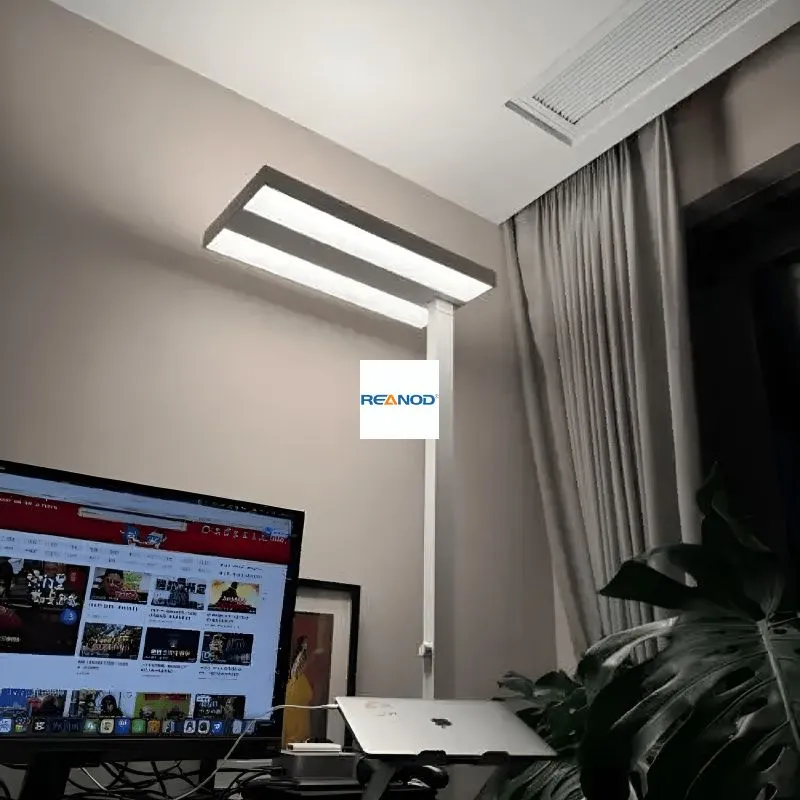- Ornaments0
- test-导入1
- 测试排序
- 家具用品11
- 宠物用品
- 家具用品3
- 家具用品2
- 玩具
- 装饰品
- 电子用品
- 家具用品
- 健身器材123
- 运动器材
- 健身器材
- Leisure and fitness equipment
- Finance and Insurance Industry
- Direct material supplier
- Lifestyle related topics
- Business use
- custom class
- qianqian-test16
- qianqian-test151as
- 产品分类8
- 产品分类7
- 产品分类6
- 产品分类5
- 产品分类1
- Auto Parts-test
- test 千千 With her love, I feel like a fish swimming happily in a beautiful sea.
- Industrial Hose
- filter paper
- tricycle
- Pet toys
- 颜色
- Food Rubber
- No picture classification
- Composite Rubbe
- Composite Rubber Hose2
- Large Diameter
- Hydraulic Hose
Ceramic products
In today’s world, industries face constant pressure to innovate and solve specific pain points encountered by various groups, such as the need for sustainable materials in construction or high-performance components in manufacturing. The emergence of advanced ceramics has revolutionized these sectors, thanks to their unique properties and versatility. This article delves into the significance of ceramic products while addressing common queries related to their applications and advantages.

Defining Ceramics: A Scientifically Proven Material
Ceramics are inorganic, non-metallic materials that undergo a process of heating and cooling. They are often defined by their hardness, brittleness, and thermal stability. Common terms you may encounter in the ceramics industry include "sintering"—the process of compacting and forming a solid mass of material by heat or pressure without melting it completely—and "alumina," known for its high wear resistance and electrical insulation properties.
Application Scenarios: Where Ceramics Create Impact
-
Aerospace: Advanced ceramics are employed in various aerospace applications, ranging from thermal protection systems to high-performance cutting tools. Their durability can be quantified—the tensile strength of some ceramic materials can exceed that of steel by more than 40%.
-
Medicine: In the medical field, bio-ceramics are being used for dental implants and bone grafts due to their biocompatibility. The Success rate of ceramic implants is around 95%, making them a preferred choice in surgical procedures.
-
Construction: Utilization of ceramic tiles and components in construction has increased due to their low water absorption, with reports showing a reduction of moisture-related damages by up to 70% in structures.
Advantages at a Glance: The Importance of Ceramics in Various Industries
The significance of ceramics lies in their remarkable mechanical properties and eco-friendliness. According to a report from Ceramic Industry Magazine, the ceramic market is projected to grow at a compound annual growth rate (CAGR) of 6.5% from 2021 to 2026, primarily driven by innovations in both traditional and advanced ceramics. This growth highlights the increasing relevance of ceramics as a solution to modern challenges across numerous sectors.
Next Steps: How to Utilize Ceramics Effectively
For those interested in learning more about the numerous applications and benefits of ceramic products, we recommend further reading into guides focused on their usage in specific industries. Understanding the correct specifications for your requirements can significantly impact product performance and longevity.
FAQs: Common Questions About Ceramics
-
What are the main differences between traditional and advanced ceramics?
Advanced ceramics are characterized by superior properties, including higher strength and thermal resistance compared to traditional ceramics, which may be more brittle. -
Can ceramics be recycled?
Yes, many ceramic products can be crushed and repurposed for a variety of applications, making them a sustainable choice. -
How do I choose the right ceramic material for my project?
It’s essential to consider the specific environmental conditions and mechanical stresses the ceramic product will face during its application.
Call to Action: Explore and Experience With Success!
We encourage you to explore ceramic products and their applications further. Understanding their potential can lead to innovative and effective solutions in your projects. Check out more resources or contact our experts at Success to deepen your knowledge about ceramics and their transformative capabilities.
By embracing the advancements in ceramic technology, you’ll not only enhance product performance but also contribute to a more sustainable and innovative future in your respective industry.
- previous Pet traction rope
- next Plastic furniture supplies
-

自定义客服1: 7890988
-

自定义客服2: 6789088
-

自定义客服3: 7890988
-

自定义客服4: 6789088










